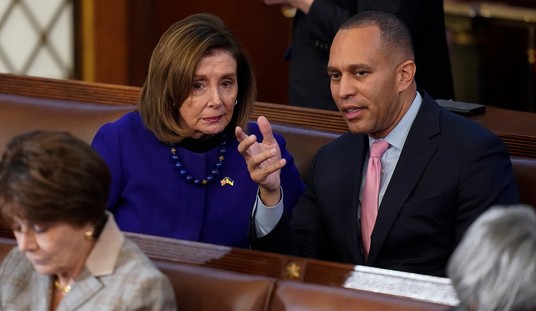Over the past few weeks we’ve seen President Trump leverage the power of his newly won office (via the Twitter machine) to convince Carrier and Ford to keep manufacturing jobs here in the U.S. From the press reports, the president’s actions have saved thousands of U.S. jobs from being exported overseas.
But the economic reality is that keeping jobs in Indiana and Michigan isn’t nearly as important to the American economy as creating new ones.
There are a handful of facts that bear this out. Over half of American workers are employed by a small business, and almost half of all small businesses are home-based. Between 2009-13 small businesses produced approximately 60% of all new jobs.
These three facts, taken together, lead to another conclusion: local elected officials - normally a simple majority of five members on a city council - have more of a direct, day-to-day impact on job creation than President Trump and a pointed 140 characters ever will. Almost all decisions and activities that are necessary for the birth and success of a small business, which in aggregate constitute more than half of the U.S. economy, happen locally.
Think about it. Your city council, not the state or federal government, ultimately decides whether a particular building is suitable for a prospective business. Local elected officials decide if a business is appropriate for the neighborhood, and if so, dictate critical details like parking requirements and hours of operation. Some cities engage with small businesses like partners, other cities treat them like parolees. Whichever it is, a business that proposes to sell ice cream or baseball cards will never turn the first dollar of profit unless it successfully runs the city hall gauntlet.
Recommended
An example to illustrate this point.
During my time on the Hermosa Beach City Council (a 1.3 square mile city located in southwest Los Angeles County), we were approached by a young entrepreneur who requested a minor change to the city’s zoning ordinance so he could use a vacant building to start brewing beer. At the time, our zoning ordinance didn’t permit microbreweries in that zone.
Three of the five members of the Hermosa Beach City Council reacted like the young brewer proposed to open a branch of Vito Corleone’s GenCo Oil Company in town, and treated him as such.
Over the course of six months and four separate city coucil meetings, I watched my city council colleagues grill the young man on various absurdities and breathtaking inanities, including:
• How the addition of a new business in an otherwise empty commercial space would add to Hermosa Beach’s economic base;
• What the Potrero Hill neighborhood in San Francisco (approximately 400 miles away) looked like in 1896;
• If the trash cans for his microbrewery would be hermetically sealed, and
• If heating Grapenuts in a microwave changed their smell.
You read that last line correctly. The most fervent anti-business member of my council was concerned about what would be emitted from the brewery because a (one, uno, singular) constituent was afraid of the “odor.”
What was the “odor” that caused the constituent to come to city council meetings and rail against the possibility of a new business opening up in town?
The smell of Grapenuts. According to the brewer, cooking barley, hops, and water emitted a smell similar to “a bowl of warm Grapenuts.”
Sadly, my colleagues decided the brewery and its wafting Grapenuts smell were more than the community should have to bear, and invited the young man to start his business somewhere else.
And he did. Today, three years later, you can find his brew in stores like Gelson’s and Whole Foods.
It is a sad fact that in my city, a small business didn’t get the chance to succeed because somebody didn’t like the smell of Grapenuts.
Maybe next time a business wants to open in Hermosa Beach, we can have President Trump tweet about it. I’m sure he likes Grapenuts.
Patrick “Kit” Bobko is a former Mayor and Councilman from Hermosa Beach, California. He is a graduate of the Air Force Academy and Air Force veteran who is currently an attorney practicing in Los Angeles. This spring, Kit will be publishing a book recounting his experiences in local government. Read more at KitBobko.net.

























Join the conversation as a VIP Member